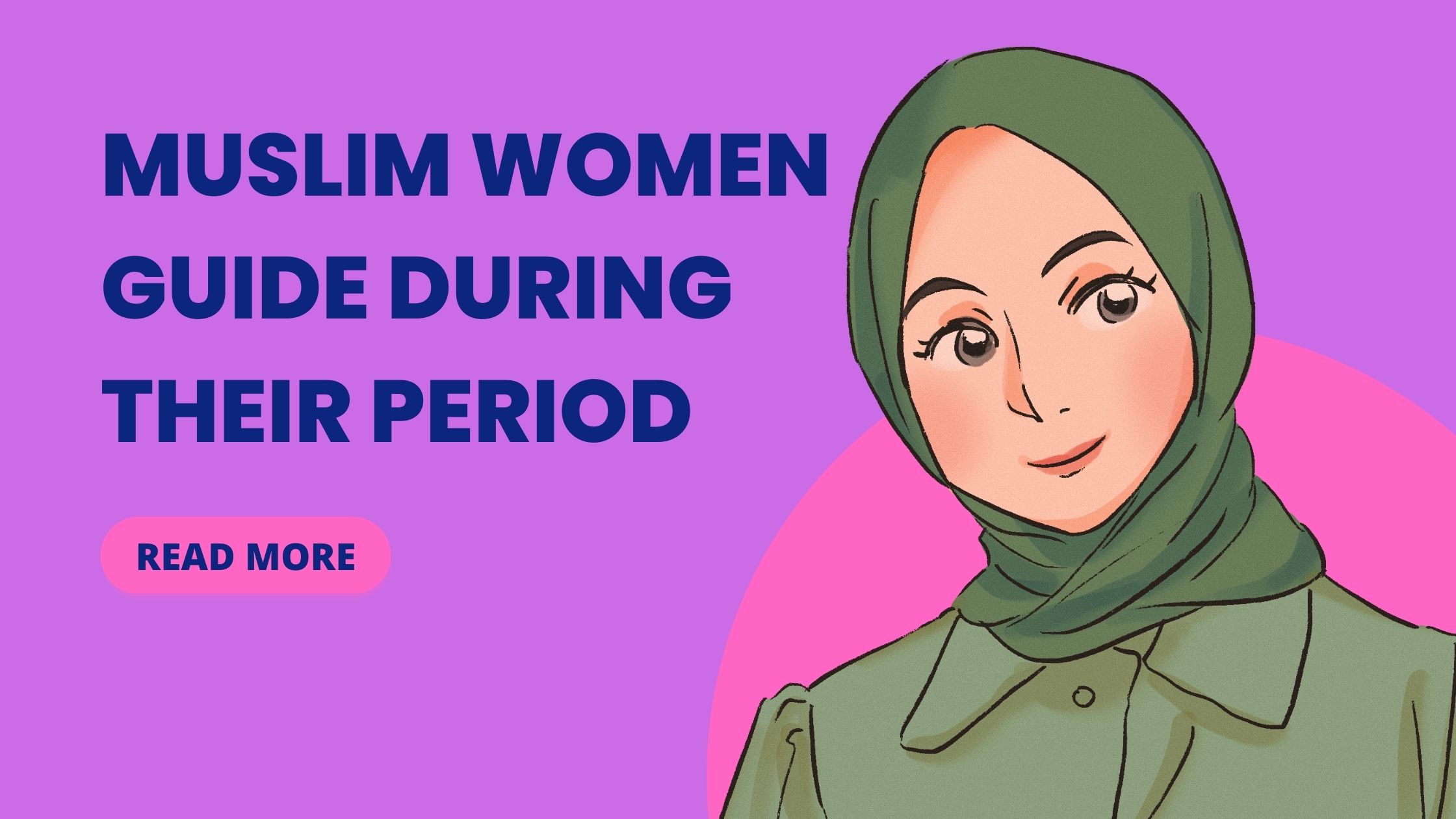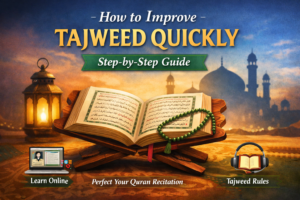Muslim women are lucky of being Muslim During their menstrual period because Islam provides them with many useful tips and advice that help them relieve the symptoms and pain of the menstrual cycle.
Table of Contents
What Is Allowed For Women During Menstruation In Islam
Imam Ibn Al Baz said that women who are in menstruation can Supplicate, pray (Dua), say their daily Readings in the morning and before sunset, say remembrance of Allah, give praise, give thanks, and so it is.
women also can listen to the Holy Quran, share in knowledge sessions, and they can share in all good things, except that they can not do the daily five prayers, touch Al Mus’haf Ash Sharif directly, or fast during Ramadan month or any other days until they get purified.
Read: Reading Quran For Women During Periods.
Can Women Visit Graves During Their Menstrual Period?
The fatwa committee at the Islamic Research Council affiliated with Al-Azhar Ash Sharif said that there is no objection to women in their menstrual period visiting graves. As they are not different from the others in the matter of visiting graves, stressing that public scholars and Islamic jurists said it is permissible. Their proof or evidence is the hadith of Abid ibn Buraidah.
Abdallah ibn Buraidah reported from his father that the Prophet, peace be upon him, said: “I had forbidden you to visit graves, but now you may visit them. It will remind you of the Hereafter.”
Source: Sunan Ibn Mājah 1571 Grade:
In this hadith, the Prophet ( peace and prayers are upon him) didn’t preclude women who are in menstruation.
Can Women Make Supplication (Duas) During The Menstruation Period?
A woman can pray to Allah or make a Supplication to Him during her menstrual time and at any time she wishes, for dua or supplication is a form of worship that requires lesser purity (wodu for Salah) or greater purity ( shower from menstruation or sexual intercourse).
The Islamic jurisprudential opinions state: “The prayer and Supplicating to Allah in the case of menstruation is legitimate, and there is no hatred as it is a kind of remembrance of Allah
Can Women Make Zikr (Azkar) During The Menstruation Period?
Shiek Mohammad Abid Es Samea, the Secretary of Dar El Ifta fatwa, EL Masryih said, “It’s okay for a woman in her menstruation to read her daily Azkar “readings of remembrance Allah” because it is not a kind of prohibited worship for women in the menstrual period.
Can Women fulfill pilgrimage during their menstrual cycle?
It is all right for a menstruating woman to do pilgrimage rituals during the menstrual cycle and do all the other pilgrims (Hajaj) do, except (Tawaf) going around the Holy Kaaba until she is purified. It is agreed that she can do all the hermitages and rituals of the pilgrimage.
Therefore, she can sleep her night in the Menh subregion, spend her next day on Arafah mountain, flung pebbles, sleep again her following nights in Menh province during the days of sunrise, and jog between Al Safa and Al Marwah paths. Moreover, it is allowed for her to take a medical pill to prevent the menstrual cycle or delay its time, if she is afraid of passing companions, and it has no harm done to her health.
Aisha RA said:
“We set out with the sole intention of performing Hajj and when we reached Sarif, (a place six miles from Mecca) I got my menses. Allah’s Messenger (ﷺ) came to me while I was weeping. He said ‘What is the matter with you? Have you got your menses?’ I replied, ‘Yes.’ He said, ‘This is a thing which Allah has ordained for the daughters of Adam. So do what all the pilgrims do except for the Tawaf (Circumambulation) around the Ka`ba.” `Aisha added, “Allah’s Messenger (ﷺ) sacrificed cows on behalf of his wives.”
CAN A WOMAN STAY IN THE Mosque (MASJID) DURING MENSES?
To stay in a mosque by women during the menstrual period is not allowed at all. It is forbidden.
Aisha reported: The Messenger of Allah, peace, and blessings be upon him, said to me, “Bring me a mat from the mosque.” I said, “I am menstruating.” The Prophet said, “Your menses are not in your hand.”
Source: Ṣaḥīḥ Muslim 298
He said,
“Menses is not in your hands.” The event indicated that Aisha knew that women in menstruation can’t enter the mosque, and the Prophet (Prayers of Allah and peace be upon him) acknowledged it. The last thing was that bringing her hands alone into the mosque did not constitute the perfect entry of her body into it. Therefore, women must avoid entering the mosque during the days of their menstruation. Then if the reason for entering the mosque is the need for more religious knowledge, there were many other ways for gaining this knowledge.
Why Muslim Women are lucky Of Being Muslim During The Period of Menstruation
Muslim women are lucky of being Muslim During their menstrual period because Islam provides them with many useful tips and advice that help them relieve the symptoms and pain of the menstrual cycle.
These symptoms were mentioned above in section two. On the other hand, Islam raised the social status of women during the menstrual cycle, so they don’t feel that they are rejected or outcasts. They are also not ashamed of sharing in different social activities as we mentioned above. In other non-Muslim societies women are isolated and outcasts. They are treated like disgusting creatures during menstruation.
Why there are special Rulings for women during Their menses?
What is unique for Muslim women is that they can do many spiritual activities during the menstrual period that can release the tension and relieve the pain of the menstruation symptoms.
Menopause is defined as the permanent discontinuance of menses. Perimenopause is defined as the transitional period from normal menstrual periods to no periods at all. At this time menstrual periods gradually lighten and become less frequent.
The Menstrual Period has some specifically related mood disorders. The aspects of these mood disorders are associated with the menstrual cycle. Menopause and the period of menstruation are times of intense hormonal oscillation that can cause increased susceptibility to some symptoms such as:
1. Clinical Levels Of Depression Or Anxiety
It’s common for women to have clinical levels of anxiety, depression and pre-traumatic stress disorder (PTSD) preceding and during the days or weeks of a menstrual cycle. Therefore many women may suffer from symptoms of Premenstrual Syndrome (PMS).
In some instances, characterized by more significant premenstrual mood or mental perturbations that can seriously impact social relationships and weaken functioning. During the week or two before each menstrual cycle. It is not expected that the aspects of the emotional symptoms of depression or anxiety can seriously interfere with normal functioning and social relationships.
2. Irritability Or Mood Swings
Mood symptoms such as irritability or swinging of the mood are only present for a specific period of time, during the luteal phase of the menstrual cycle. Symptoms emerge one to two weeks before menses and settle completely with the outbreak of menses.
3. Underlying Mood Disorder
In some cases, some women may suffer from unknown or underlying mood issues. Therefore, it is quite important for patients to be carefully evaluated for the presence of underlying mood problems to find the best treatment procedure.
4. Emotional Flatness
The term is meant the inability to cope emotionally. Some women suffer from emotional dullness during this time.
5. Social Isolation
In some cases, some women tend to isolate themselves. They prefer to stay alone. They are not willing to go outdoors. They may spend long hours in their rooms.
6. Tearfulness
Some women especially girls tend to cry tears during this period.
7. Decreased Energy
They tend to sleep more time than they used to. Inactivity, inertness, drowsiness, and laziness are common symptoms. Failure to enjoy or practice normal activities and relationships is familiar as well.
We have provided information and tips about the symptoms of the monthly cycle for a purpose.
Later in this article, we will clarify how Muslim women are lucky to find themselves Muslims. We will also introduce how Islam can help relieve the symptoms of the menstrual cycle.
What is obvious in Islam and worth mentioning is how Allah is so merciful with the daughters of Adam.
“God does not intend to burden you, but He intends to purify you, and to complete His blessing upon you, that you may be thankful.” Ma’idah verse 6.
Written By Dr. Shazly Rajab.















